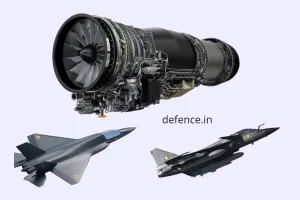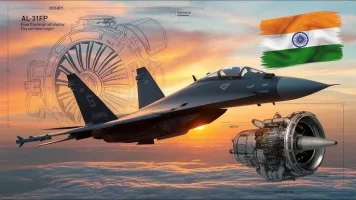- Views: 854
- Replies: 2

The Indian government's initiative to establish Defence Corridors in Tamil Nadu and Uttar Pradesh, with the aim of attracting private sector investment and boosting domestic defence production, has faced challenges in realizing its full potential.
Despite the initial fanfare and promises, these corridors have not attracted the expected level of private sector participation, raising concerns about their effectiveness and the future of India's defence industry.
Several factors contribute to this lack of private sector enthusiasm. The fluctuating requirements of the armed forces, often influenced by geopolitical shifts and changing political priorities, create uncertainty for potential investors.
Even the armed forces themselves sometimes struggle to articulate their long-term needs, leading to projects being scrapped mid-way, causing financial losses for both the DRDO and Ordnance Factories. This unpredictability makes private companies hesitant to commit significant resources to defence projects.
In contrast, large corporate giants like Adani, L&T, Mahindra, and Tata have made significant inroads into defence production, often with substantial government support, including access to loans and land at concessional rates. This preferential treatment can create an uneven playing field for smaller players and Ordnance Factories.
Additionally, these large corporations often view defence as one aspect of their diversified business portfolio, potentially leading to less dedicated focus and commitment compared to Ordnance Factories, whose sole purpose is to serve the nation's defence needs.
Furthermore, the argument for cost-effectiveness in outsourcing the production of troop comfort items to private vendors often results in substandard quality, ultimately impacting the well-being of soldiers. This raises concerns about prioritizing cost-cutting over the quality and reliability of essential equipment.
Ordnance Factories, with their long-standing experience, institutional knowledge, and deep understanding of the armed forces' needs, are arguably better positioned to reliably supply defence equipment. They have a proven track record of preserving technology and manufacturing capabilities, even for outdated equipment, which private companies driven by profit motives are unlikely to do.
Strengthening and developing Ordnance Factories, potentially bringing them back under government control as the Ordnance Factory Board (OFB), could be crucial for ensuring the long-term defence and national security of the country. This approach would provide stability, focus, and accountability in defence production, ensuring that the needs of the armed forces are met with high-quality, reliable equipment.
While private sector participation is important for fostering innovation and competition, it is crucial to ensure a level playing field and prioritize the needs and well-being of the armed forces. Striking a balance between private sector involvement and strengthening existing public sector institutions like Ordnance Factories is crucial for achieving self-reliance in defence production and ensuring national security.


